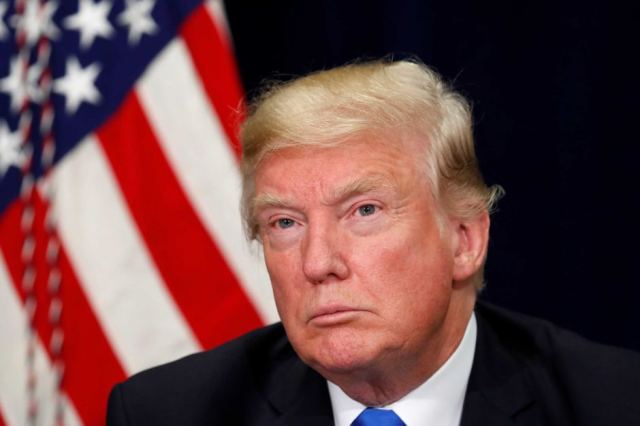
Complete each sentence choosing the correct option
Domestically, reactions from elected officials often varied among regional lines rather than ideological lines. The tariffs have seen widespread criticism from conservatives and Republicans. Reception was mixed among Democratic officials, with Democrats from Rustbelt states voicing support for tariffs on steel and aluminum imports.
Practice your writing skills by discussing the questions below
- Why do you think Trump implemented these tariffs?
- What product does your country produce and export a lot of?
- What are some American products that you see being sold in your country?


 Download Google Chrome
Download Google Chrome Download Mozilla Firefox
Download Mozilla Firefox Download Opera
Download Opera